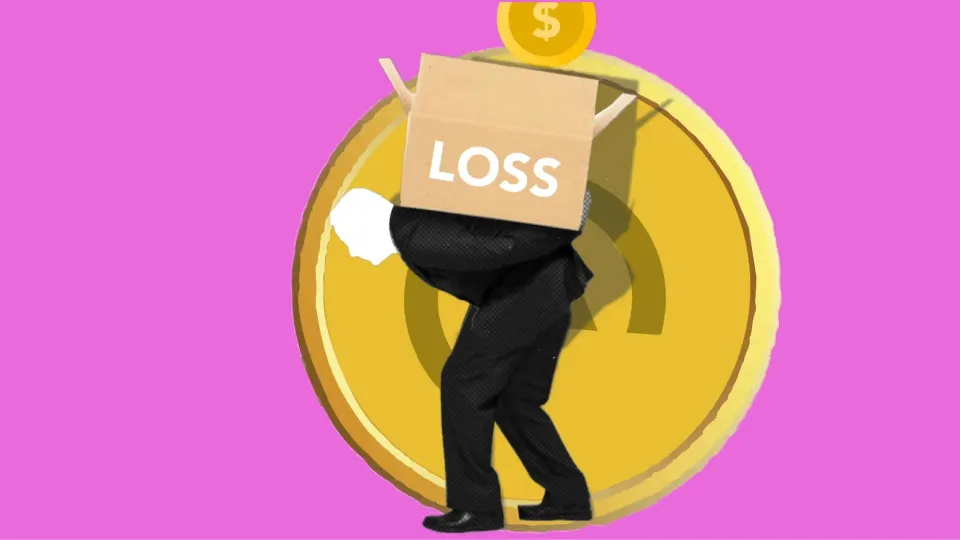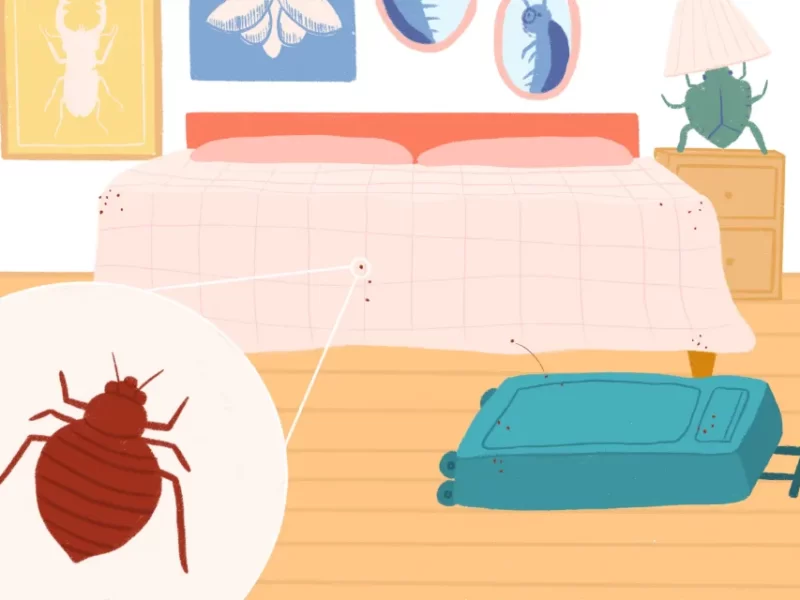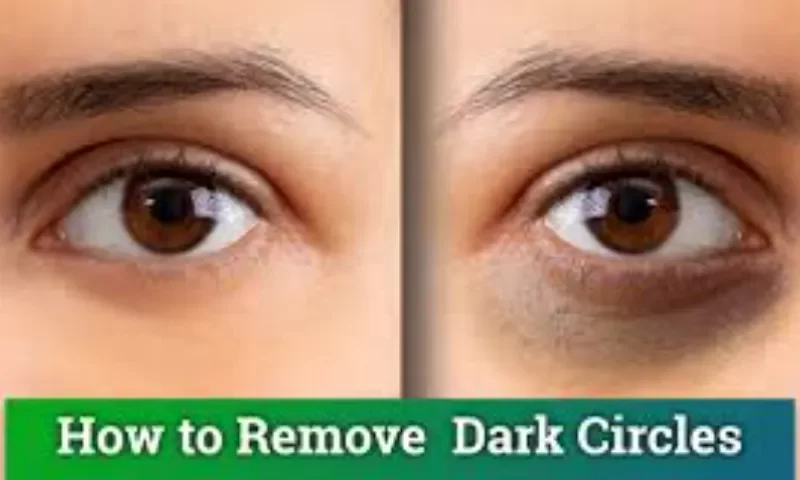The first thing people notice about you is your smile, and most people take pride in both. Therefore, dental bone loss can significantly affect your ability to speak, smile, and be confident.
Some of the incredible things our bodies are typically capable of doing include bone loss, bone resorption, and bone regeneration. However, due to tooth extractions, orthodontic adjustments and disease, our jawbone is no longer stimulated to strengthen, resulting in bone loss.
To ensure that your gums and jawbone are still suitable for any tooth replacement option, learn how to prevent dental bone loss. Scroll to find the solutions you require!
An Overview of Bone Loss in Teeth
Much more frequently than you might imagine, gum disease or “periodontal disease” can cause bone loss around the teeth and in the jaws. This can happen after teeth are lost. In this disease, the bacteria in dental plaque cause the bone that supports the teeth to erode over time.
Even those who have always had perfectly healthy teeth can experience bone loss in the gums. As you get older, it becomes more prevalent. Dental bone loss, which can result in the teeth becoming loose, moving, and spreading out, happens when the bone that surrounds and supports your teeth shrinks as a result of illness or infection.
When a tooth is lost or must be extracted, bone loss can also affect the jawbone beneath, which can also cause the jawbone and gums to shrink.
Tooth loss and periodontal disease are the most common causes of bone loss in gums. Another reason for bone loss near the teeth could be trauma, such as falls or car accidents. accidents, assaults.

However, one of the biggest factors influencing the susceptibility to periodontal disease or gum disease and bone loss in gums is smoking. Smoking not only makes people more susceptible to gum disease and bone loss, but also significantly worsens the disease’s damage, according to a veritable mountain of evidence. The efficacy of treatment can also be hampered by smoking.
The risk of bone loss may also be increased by inadequate nutrition and some serious medical conditions.
Symptoms of bone loss in teeth:
Bone loss in teeth happens gradually and may manifest through the following symptoms:
- Ill-fitted dentures
- Shifting teeth
- Facial structure collapse
- Wrinkles in the mouth area
- Loose teeth
- Lips sinking inward
- Discomfort when chewing
How to Slow Down Bone Loss in Teeth?
Dental Surgery
Tooth Replacement
Due to the lack of stimulation from chewing after losing a tooth, your body will believe that the bones that are connected to it are no longer necessary. Only dental implants are capable of simulating the stimulation provided by our natural tooth roots as a tooth replacement option. Below the gum line, a titanium post is inserted to aid in the bone cells’ ability to reattach to it and aid in the reconstruction of your jawbone.
Gingivitis Treatments
Gum inflammation, or gingivitis, is the early stage of gum disease. Gum disease is still curable at this point, and the immune system is still in some measure intact. The inflammation-causing plaque buildup in the gum line must be removed in order to stop the damage from spreading.
Scaling and root planing is a type of professional cleaning procedure that your dentist might use to remove stubborn plaque. To stop bacteria from becoming stuck, the root surfaces below the gum line are cleaned with a dental tool and polished.
Bone Grafting
Bone grafting is a procedure that dentists advise for patients who have suffered significant bone loss as a result of persistent tooth loss. By replacing a bone during surgery, the jaw is assisted in producing new bone cells that are suitable for use in tooth replacement procedures. For patients with periodontal disease and other medical conditions, bone grafting is typically carried out concurrently with a dental implant procedure.

Lifestyle Adjustment
A study found that osteoporosis and periodontal disease both share the condition of bone resorption. They share the same risk factors, such as:
- Age
- Genetics
- Hormonal change
- Smoking
- Calcium and vitamin D deficiency
Some of the risk factors, such as smoking and vitamin deficiency, are under your control. Avoid the perils of bone loss by trying to limit or stop smoking and get the vitamins that you need. We may never stop aging, but we can always make healthy choices to delay its effects on our bodies.
Healthy Diet
In order to maintain good bone health and fend off osteoporosis as you age, nourish your bones with a vitamin-rich diet. The National Osteoporosis Foundation recommends the following foods and beverages for healthy bones:
- Sardines and salmon with bones
- Papaya, pineapples, bananas, and oranges
- Tomatoes and red peppers
- Dairy products (milk, cheese, yogurt, etc.)
- Spinach and other green leafy vegetables
How to Prevent Bone Loss in Teeth?
When it comes to dental health, the adage “prevention is better than cure” is of unparalleled importance. Rather than spending thousands of dollars to reverse tooth-bone loss, it would be best if you opted for healthy oral hygiene habits that will slow down bone loss altogether.
- You should refrain from bad habits like smoking and binge drinking.
- To stop the growth of bacteria in the mouth and stop tooth bone loss, use fluoride-rich toothpaste.
- In addition, increasing calcium and vitamin D intake can strengthen the enamel on teeth, preventing bone loss.
- Avoiding overindulging in sugary foods and beverages would be beneficial.
- Thoroughly brushing the teeth twice a day is essential to stop the proliferation of bacteria inside the mouth. After brushing, you should properly floss, and then finish with a quality mouthwash.
- It is essential to visit the dentist frequently and have your teeth cleaned by a professional.
Taking care of dental health by following an appropriate oral care regime and following healthy eating and drinking habits is the most reasonable way to keep the teeth and gums strong and prevent bone loss.
Summary
Loss of teeth and bones can occur for many reasons. You must continue to practice healthy behaviors, such as giving up smoking and consuming vitamin C-rich foods. If the teeth in your mouth have significant bone loss. Your dentist will recommend the best course of action, so please schedule an appointment right away.
FAQs
Can You Reverse the Bone Loss in Your Teeth?
Unfortunately, bone loss cannot be stopped. However, there are a number of procedures like composite bonding and ridge augmentation that can lessen the effects of bone loss. In order to stop the issue from getting worse, there are also preventative lifestyle adjustments that can be made.
Can Coconut Oil Regenerate Teeth?
No, coconut oil will not aid in tooth regrowth. Lauric acid, which is present and has some anti-inflammatory and antimicrobial properties, may benefit your oral health. The use of coconut oil should not take the place of brushing your teeth with fluoride toothpaste because, as you should be aware, it does not prevent plaque or cavities.



